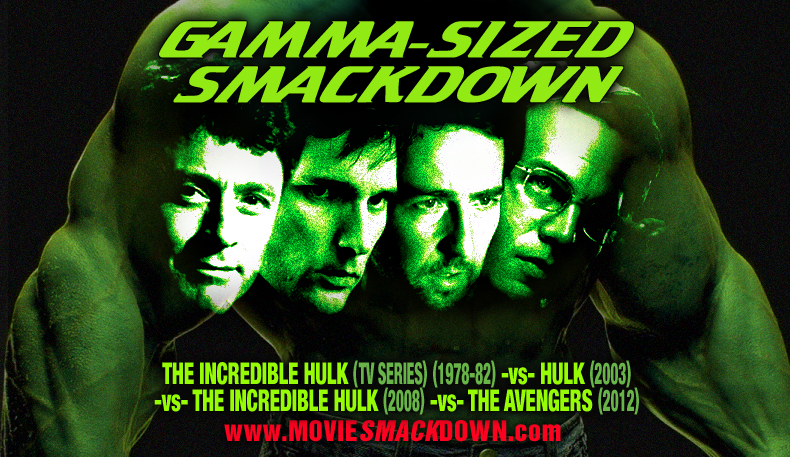
The Smackdown
Back in 2008, the jade giant known as the Incredible Hulk wreaked havoc in the Movie Smackdown arena in a battle that pitted that year’s The Incredible Hulk, featuring Edward Norton, against 2003’s The Hulk, starring Eric Bana.
Since then, a new Hulk has emerged on the scene, thanks to Joss Whedon’s The Avengers and Mark Ruffalo, so we’re revisiting the battle and kicking it up a notch by throwing Bill Bixby, the first man ever to embody David Bruce Banner on screen, into the mix as well. You might think Bixby has the advantage, since he has Lou Ferrigno in his corner, but don’t count out Bana, Norton and Ruffalo from this fatal four-way just yet.
 This fight is so big that we need two Smack refs [Ben Silverio and Beau DeMayo] to officiate over the action. After all, one Hulk destroyed Las Vegas, overthrew an alien planet’s government and became their king, and beat the crap out of his fair share of Earth’s mightiest heroes, so imagine the destruction these four Hulks might cause!
This fight is so big that we need two Smack refs [Ben Silverio and Beau DeMayo] to officiate over the action. After all, one Hulk destroyed Las Vegas, overthrew an alien planet’s government and became their king, and beat the crap out of his fair share of Earth’s mightiest heroes, so imagine the destruction these four Hulks might cause!
Let’s hope the brain trust running Smackdown invested some serious coin in a good insurance policy.
The Incredible Hulk (TV Series) (1978-82)
In the ’70s, CBS adapted The Hulk’s story for the small screen in the form of a weekly drama that completely ignored the character’s comic book history. Regardless, the show’s many fans loved Bill Bixby’s portrayal of David Banner and Lou Ferrigno’s portrayal of Banner’s not-so-jolly green alter-ego. Over the course of five seasons and three TV movies from 1978-1990, the audience followed Banner going from town to town trying to find ways to control his condition while taking up odd jobs and helping others with their own problems, all while trying to avoid a pesky reporter trying to unveil the truth about the Hulk.
As fans of The Hulk comics, it’s disappointing to discover that this show practically had nothing to do with the version so many of us grew up loving. On top of that, the show mostly doesn’t hold up so well over time. Despite being called The Incredible Hulk, it was almost entirely about David Banner solving the problem of the week and the Hulk popping in every once in a while. CBS clearly needed the show to appeal to a wider audience than just comic fans, but this was just another campy network soap, with a superhero showing up occasionally. It just wouldn’t last a whole season in this day and age.
When it aired, however, the show wasn’t too bad. It explored some compelling stories, often crafted around the theme of controlling your problems rather than letting them control you. (The one where Hulk was on acid was not one of those stories, though.)
Hulk (2003)
Ang Lee’s Hulk hit theaters riding the wave of Spider-Man and X-Men. Lee (Ang, not Stan) brought his trademark abstract thinking and art house sensibilities to the green juggernaut, who likes to pound things. In theory, it doesn’t sound like that great a match. But Ang Lee’s Hulk embraces elegance, fostering a certain self-contained pacing that earns admiration. In the film, Eric Bana’s Banner has not yet become the Hulk. Instead, he is a semi-brilliant scientist, unaware of his own mutated genetic structure, which was modeled by his abusive father on the regenerative abilities of starfish and reptiles.
When gamma nanodes (your guess is as good as mine) blast Banner, the convenient combination of his genetic structure and the nanodes creates a very logically thought-out Hulk — a depressingly angry expression of Banner’s repressed childhood memories.
Honestly, as complicated as it sounds, it’s a cerebral joy to watch. It’s quite engaging to see a man struggle with his inner rage and his weakness to accept his childhood. The sympathy Stan Lee strove to infuse in his comic book heroes is in evidence here too. Yet for all its complexities and deep psychological workings, Hulk just didn’t know when to stop thinking and start smashing. Also, Ang Lee didn’t seem to know when to end the movie, when he did, audiences were not satisfied with his decisions.
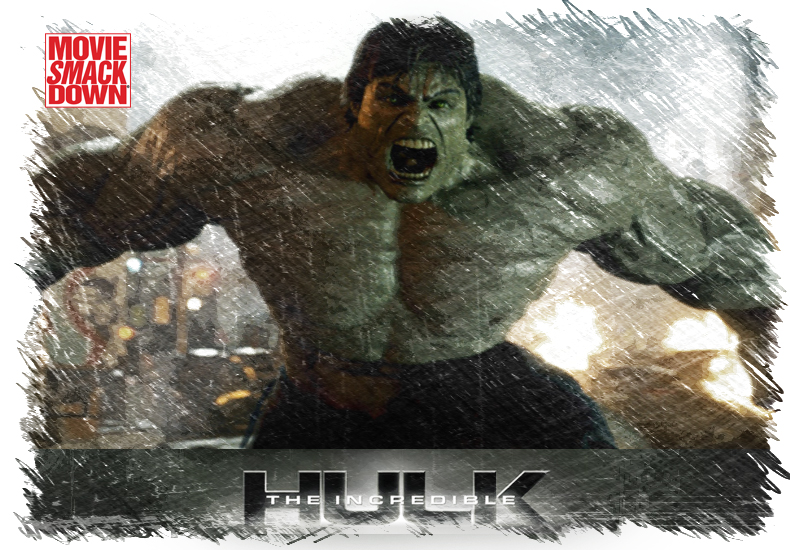 The Incredible Hulk (2008)
The Incredible Hulk (2008)
The Hulk returns, rebooted under the guidance of Transporter director Louis Leterrier from a script penned by Zak Penn, with an uncredited polish by its ever-captious star, Edward Norton. In The Incredible Hulk, Norton plays Stan Lee’s classic Bruce Banner, a simple scientist whose brilliance leads to a tragic lab accident.
Now a fugitive from a military general who wishes to make him a weapon, Banner longs to tame or eliminate his monstrous alter-ego and the forced isolation it demands. Like Stan Lee’s original Hulk, The Incredible Hulk focuses on Banner’s struggle to contain the Neanderthal lurking inside him. In fact, it’s the film’s petrol, blasting through Bourne-style chase scenes and WWF-style mutant throwdowns. But like the green beast himself, Leterrier’s film loses some of its humanity when it goes “Hulk.†It’s also paced awkwardly enough to leave audience members feeling like Bruce Banner after a hulk-out: scratching their heads and asking where the hell they are and what the hell just happened.
There are a plethora of scenes — mostly character-oriented — missing from the shooting script in the finished film. Banner’s therapy session with his lover’s new boyfriend and Banner’s attempted suicide are among them. The addition of these might have better balanced the story. Then again, some of the dialogue — no matter how good the actor, or how green — just doesn’t work.
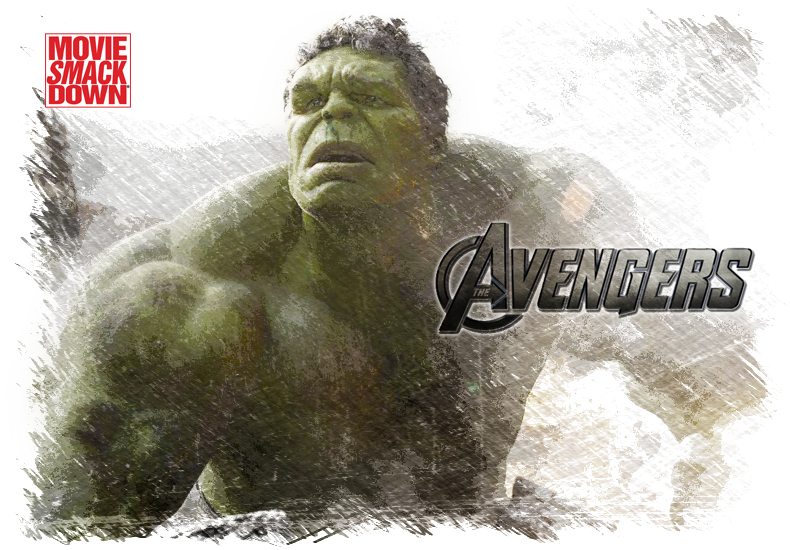 The Avengers (2012)
The Avengers (2012)
Marvel Studios had a unified cinematic universe in the works for a long time. It began with Jon Favreau’s Iron Man, moved ahead with The Incredible Hulk, and followed those with Iron Man 2, Thor and Captain America: The First Avenger. After these films laid the groundwork for Marvel’s Phase One, it was time for the crowning glory: The Avengers. However, after bringing together the all-star casts from all of Marvel’s movies, director (and Comic-Con royalty) Joss Whedon hit a snag with Edward Norton. Things fell through somewhere along the line, and Mark Ruffalo took over the purple pants of The Hulk.
Fans were skeptical at first, but almost all agreed the film worked exceptionally well. Sure, it had some minor problems, but it also had a brilliant script, a visually stunning look, phenomenal cast and more.
On top of it all, one thing stood out: Ruffalo’s Hulk was heroic, funny and badass, making the movie accessible to all demographics. He had his dark moments, but the character was really balanced as he struggled to escape the dark cloud perpetually hanging over his head. This troubled individual’s interactions with other, equally puzzling and extraordinary people are what made The Avengers what it was — the third-highest grossing film of all time.
The Scorecard
Executive producer Kenneth Johnson’s TV Hulk was characterless, whereas his Banner was full of character. Though the two are the same person, they have differences, and that’s part of what makes the premise so interesting. But the show greatly reduced the Hulk element, possibly because the makeup and special effects were expensive and hard to produce. And then this Hulk has the disadvantage of being light-years different from the other three, and not really in a good way. It’s the furthest from a faithful adaptation, so that’s big points off right away in this fight.
Ang Lee’s The Hulk is a thinking man’s film. It’s beautifully designed and crafted. There is a genius quality to the comic book paneling that is admirable, and Lee is able to translate that to a cinematic level. He uses those multiple comic book panels brilliantly, directing four or five simultaneous scenes from various angles and compositions — not an easy task. Typically, those are scenes of long, drawn-out speeches or ruminations, which without Lee’s masterful technique, would be flat-out boring.
The Hulk is very light on action, and when it comes, the action is a bit… silly. Mutated gamma poodles attacking the Hulk cannot seem cool. It just can’t; we have a moral obligation to prevent it. And for a film that takes itself so seriously and is so introspective, eight-foot monster poodles betray the concept and belittle the audience.
It’s hard to top Lee’s characterizations, though. He spends a lot of time molding and shaping this complicated Bruce Banner, the product of an abusive childhood. Eric Bana plays him as naive, struggling with repressed memories. He’s pulled through the plot; he doesn’t drive it. His character is weak and passive. This works for a Hulk movie, where the character eventually gets to show a completely different side. Nevertheless, the genius that is so important to Banner seems lacking with Ang Lee. Eric Bana doesn’t seem to own Banner. The complex psychological atmosphere absorbs Bana’s nuanced yet minimalistic performance and makes it just another abstract quality in an intelligent film.
Now, The Incredible Hulk really embraces its action, and does so on a variety of levels. There is a certain genius to Leterrier’s escalation of action scenes. The first feels like it’s straight out of Bourne Supremacy, a shaky chase through Brazil. This is followed by a fun and dramatic fight between Hulk and the military (a fight Ang Lee’s film takes an entire two hours to get to). The last fight is an all-out brawl between two super-giants — it’s brutal, it’s violent, it’s so friggin’ fun to watch. Leterrier’s action background is well suited to the kinetic, nerve-wracking pace of Bruce Banner’s escape from the militaristic father of his love.
Leterrier’s got Edward Norton, an amazing consolation for whatever skills he may lack as a director of character drama. Norton is very believable as Banner, and very streamlined. The slightest facial gesture, the meekest intonation — it’s all there for a reason with Norton. And in a film that moves so fast and is so violently, it’s an appreciated texture that stands out on its own. The audience loves sitting with Norton’s Banner just as much as it loves sitting with Tobey Maguire’s Peter Parker (although this new generation of fans might prefer Andrew Garfield).
Norton is so good at playing the brilliant, tortured scientist that his transformations into Hulk are sometimes awkward. Despite some beautiful CGI rendering of Norton’s face into the Hulk’s, there’s a bit of a disconnect between the two characters. I can’t say that Ang Lee nailed this either. This may be a cinematic challenge too great for any Hulk director.
In The Avengers, Whedon has the luxury of not having to retell the Hulk’s origin. He just gets down to business with his version, introducing the character into the fray, and then running with it. He has a way of subtly showcasing various qualities of Bruce Banner and the Hulk without calling attention to his storytelling. And then he has the added task of juggling six other heroes who need equal amounts of screen time. Whedon couldn’t focus solely on the Hulk which, for the purposes of this Smackdown, could have been a disadvantage. Yet he accomplished more with the character than any of his rivals. If Hulk ever appears solo in the near future, things can only get better, because Whedon and Leterrier have laid all the groundwork. All we need is Mark Ruffalo to star and Whedon to add his own brand of magic, and The Hulk will be in good hands.
The Decision
It’s pretty obvious which Hulk comes out on top here. While each has its plusses, The Incredible Hulk (TV), The Hulk and The Incredible Hulk all have serious flaws. In fact, the first two have more flaws than accomplishments. Though Norton’s departure in favor of Mark Ruffalo was initially devastating, Ruffalo’s performance and the writing and direction behind it were so masterful that he’s our Bruce Banner from here on out — which is why the Hulk from The Avengers walks out of this brawl with his humungous gamma-radiated arm raised in victory.
[Editor’s Note: Please vote in the poll above and let us know how you feel. There are over 300 votes in it so far, and counting.]

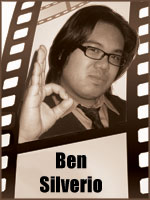
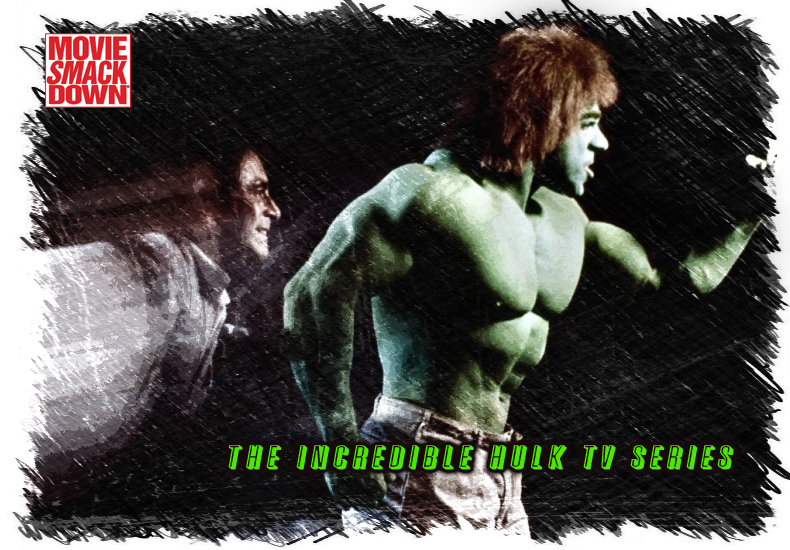
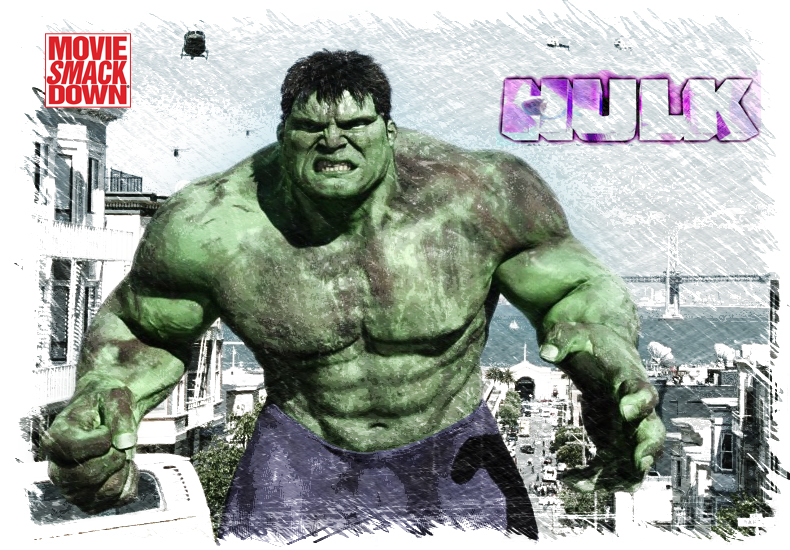




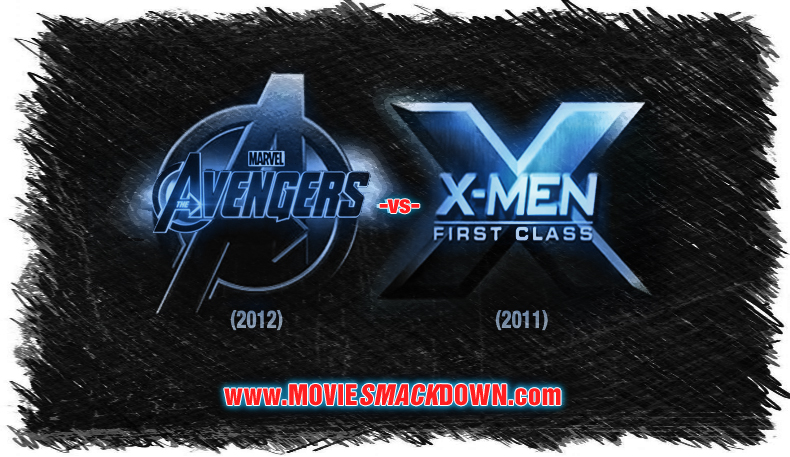
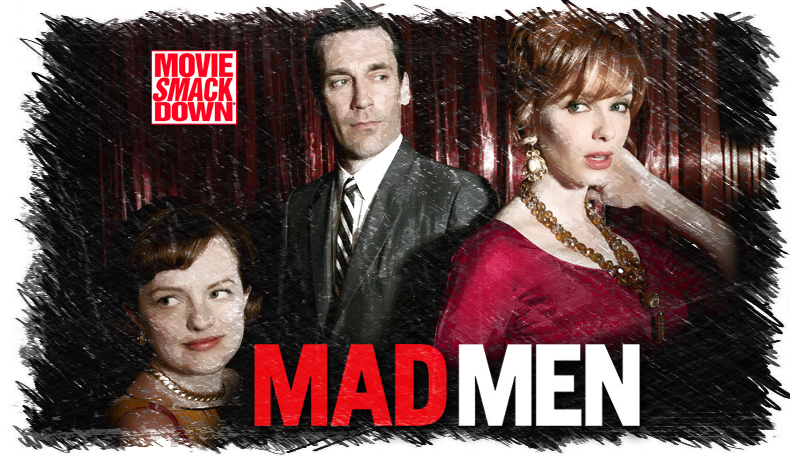
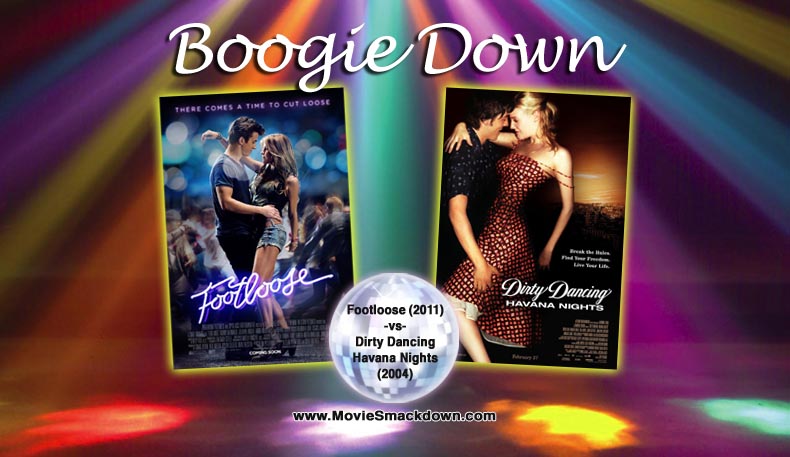
Some brief thoughts:
You can’t really compare a TV series with films. The best way is to compare the pilot movie — which was fantastic. Bixby’s Banner was the best.
The 2003 movie was a big disappointment. The worst Banner. A cool-looking Hulk, but too cartoony.
The 2008 film was much better. Norton is a good actor and did a good job. The Hulk was a bit more realistic but a bit too dark.
The Avengers: good Banner, good Hulk — but not enough to go on. When/if they make an actual movie with Ruffalo, then we’ll see.
Sorry, you’ve made the wrong call.
Ed Norton’s Incredible Hulk was the best. The Hulk was so fake and poorly done all the way. I boycotted the avengers when i saw the trailer with the handycapable Hulk! Someone get Mark a banana. Finally saw it on tv, the best part was ragdolling loki! Ed Norton’s Hulk would have skyrocketed the avengers with that scene! Something tells me that you all feel they have actually made a good new SUPERMAN. Nawwwww! Noooooo! Nooooope! In other words…wrong!!!
Norton’s portrayal was the best so far and I never felt confused about the pacing, unlike the weird style of Ang Lee.
afro haired hulk definitely 🙂 no i’d pick betwwen both EDWARD AND MARK . the 2003 hulk was just PURE BS but these last two were spectacular.
BILL’S acting was also good as Bruce ( or should i say DAVID)
Excellent Smack, guys! Looking at the four faces at the end of the post, I like them exactly in the order they’re presented from left to right. Anybody else?